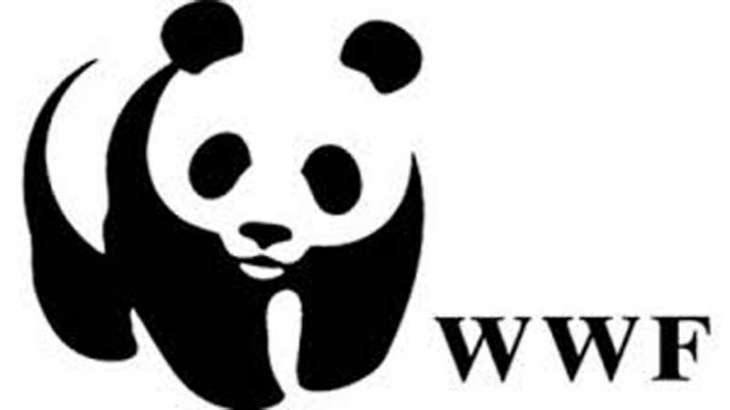Climate change is one of the most challenging issuesthat Pakistan faces today
Islamabad (Pakistan Point News - 7th Nov, 2019) Climate change is one of the most challenging issuesthat Pakistan faces today. It is affecting all ourecosystems, from mountains to mangroves, including species and habitats. The glaciers in the Hindukush-Himalayan region are receding, the consequences of which are resulting in changes in river inflows’. This was shared by HammadNaqi Khan, Director General/CEO, World Wide Fund for Nature-Pakistan (WWF-Pakistan),while hostingaside event on ‘Ecosystem Based Management: from Mountains to Mangroves’ held during IUCN’s Asia Regional Conservation Forum, on Thursday, 7 November 2019, in Islamabad. The event focussed on the challenges of Glacial Lake Outburst Floods (GLOFs), floods, droughts, heatwaves, other extreme weather events, and cropping pattern and agricultural issues induced by climate change and its impacts on ecosystems.
As part of the event, a panel discussion, moderated byenvironmental journalist Rina Saeed Khan, was held where experts shared best practices to build climate resilience of local communities and collaborate onaddressing climate issues.The high level panel included Ahsan Tayyab, Principal Natural Resources Economist, Asian Development Bank (ADB); Mina Dowlatchahi, Country Representative in Pakistan, Food and Agriculture Organization (FAO); and Fawad Hayat, Deputy General Manager, National Disaster Risk Management Fund (NDRMF). The discussion spanned past, present, and planned ecosystem based management interventions to address climate change impacts in Pakistan.
HammadNaqi Khan further said that climate change is a bitter reality that poses a great threat to present and future generations. He urged policymakers to understand that unless climate change is treated as central to the development agenda, vulnerabilities will continue to rise and erode resilience levels.He shared that to enhance communities’ resilience on climate change and promote alternative livelihoods, WWF-Pakistan, in collaboration with government departments,has implemented climate change adaptation initiatives from the Upper Indus Basin to the Indus Delta. He also informed that WWF-Pakistan is working on piloting new business models and technologies associated with clean and renewable energy. He called for nature-based solutions such as large-scale plantation drives, protection of existing forests, promotion of environment friendly communications and conservation of water resources to address this challenge.
Moderating the panel discussion, Rina Saeed Khan shared that Pakistan has the greatest change in elevation within any sovereign state on earth, from zero meters at Sonmiani bay to 8,611 meters at the summit of K-2. Pakistan’s unique geography, which stretches from glacial covered mountains in the north to the deltaic coast in the south, makes it stand out not only as an extremely diverse country but also one that is increasingly vulnerable to the impacts of climate change. ‘As a result of climate change, Pakistan is witnessing rising temperatures and longer cold periods affecting agriculture output, glacial lake outburst floods in the high mountains, seawater intrusion into the Indus Delta and an increase in coastal cyclones and storm surges’, she added.
Speaking on the occasion, Rab Nawaz Senior Director Programmes, WWF-Pakistangave an overview of the organization’s work in Pakistan and shared thatthe country is bestowed with wildlife as snow leopards, Indus dolphins and brown bears. He informed that recent camera traps installed by WWF-Pakistan and the Islamabad Wildlife Management Board (IWMB) in Margalla Hills National Parkrecently recorded a common leopard and other wild animals in the area and termed it a great conservation achievement. The joint conservation initiatives are paying off as the population of wild animals is increasing in some areas. He also quoted the example of the Indus River dolphin, whose numbers have increased as a result of efforts of different stakeholders including communities and government departments. He also called for stringent measures and exemplary punishments for poachers involved in illegal wildlife trade in the country.
The event was thronged by people from different walks of life including representatives of conservation organizations, environmentalistsand passionate citizens. Participants discussed the climate challenge and suggestedconcrete actions to address this grave issue.




